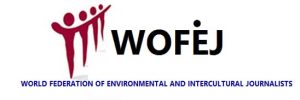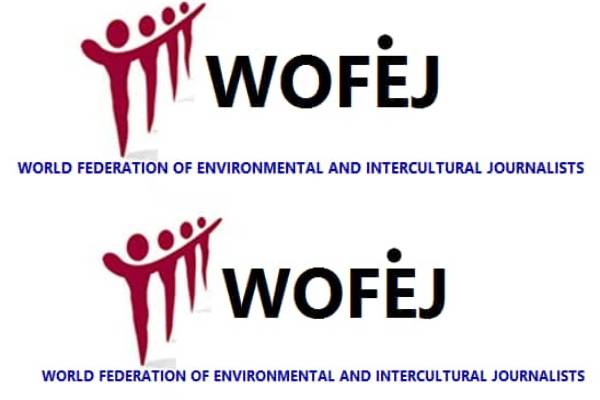The World Federation of Environmental and Intercultural Journalists (WOFEJ) says it is impressed by the growth of the intercultural journalism professionals across the globe, especially in Nigeria.
WOFEJ says this is necessary because of the Intercultural competences for journalists is very important for journalism to have an eye for cultural diversity.
In a statement issued on Wednesday, WOFEJ said for many years, governments in the past centuries and even yet , schools of journalism and the media world tried to realize diversity by working on more color in newsrooms and journalism schools.

It further stated that it is important to stress the creation for multicultural expertise of every journalist, regardless his or her background.
This view, according to WOFEJ, implies that every professional has to be sufficiently equipped to do a good job in a society that has been changed in a multicultural society during the last decades.
The WOFEJ is a global network hoping representing of 194 member countries in more than 10,000 journalists who collaborate on in-depth investigative intercultural and environmental stories.





